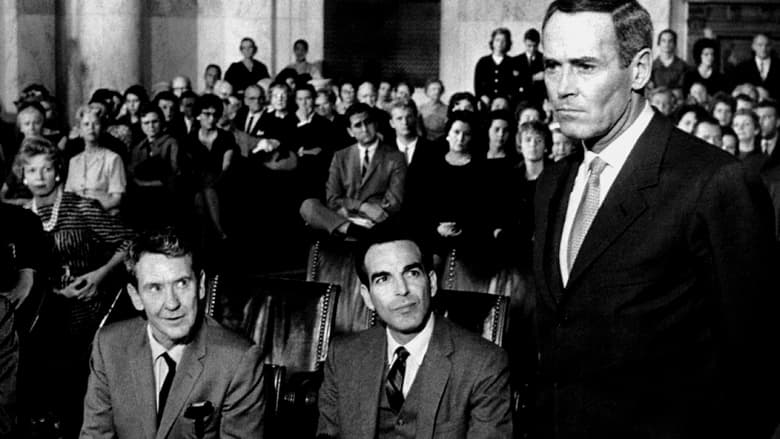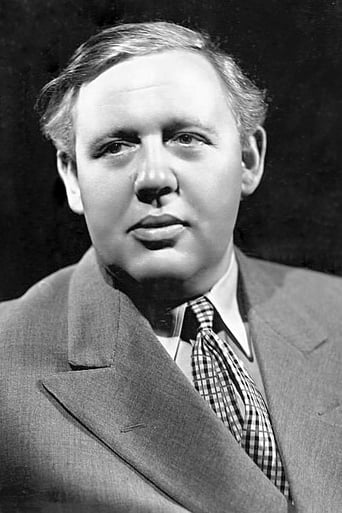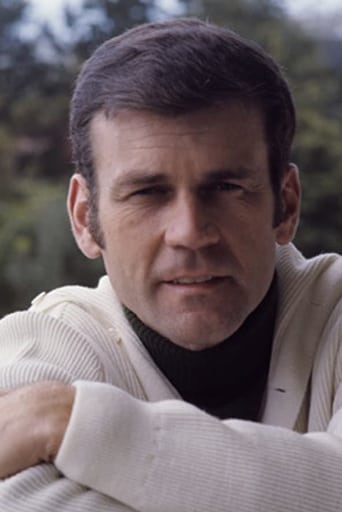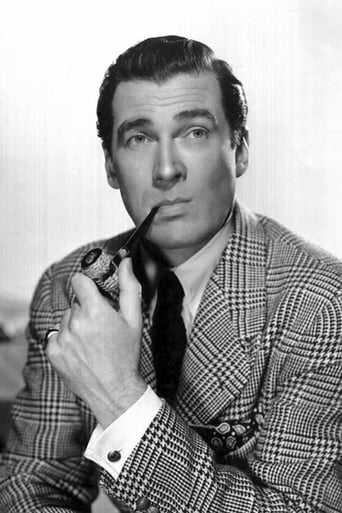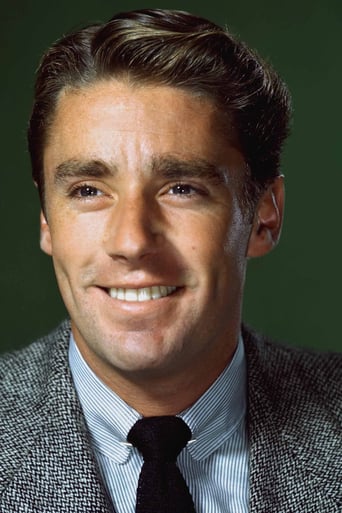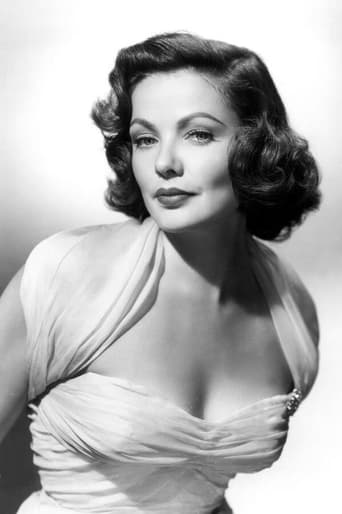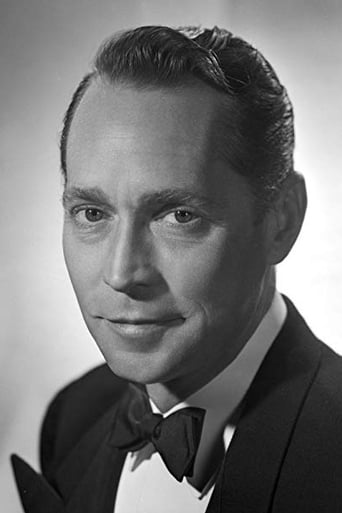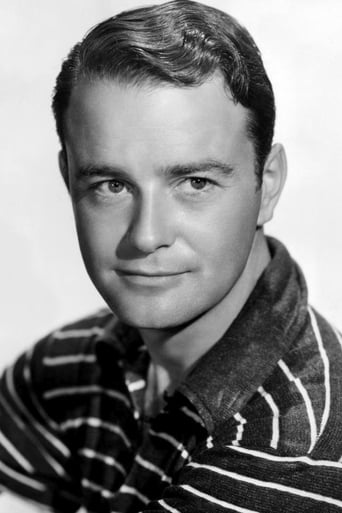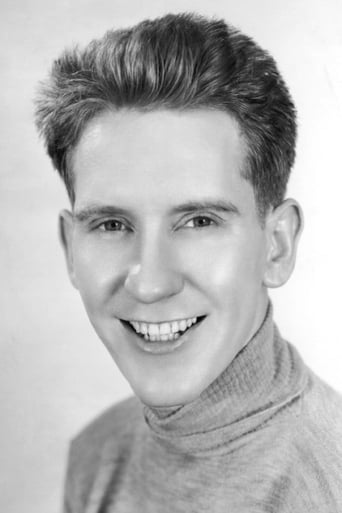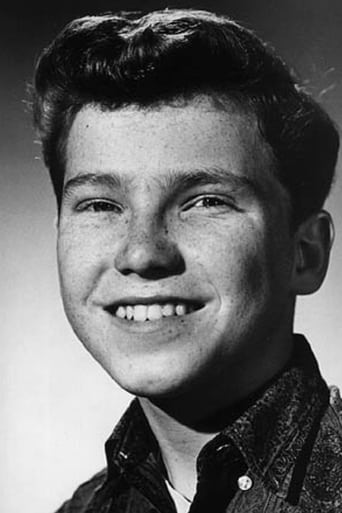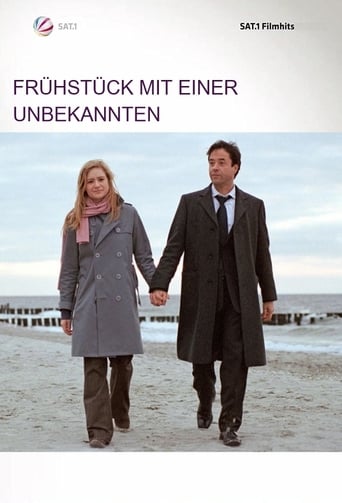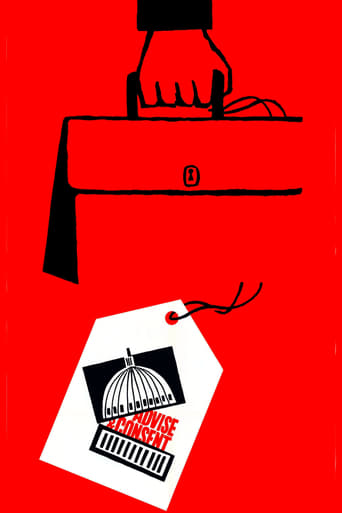
Advise & Consent
June. 06,1962Proposed by the President of the United States to fill the post of Secretary of State, Robert Leffingwell appears before a Senate committee, chaired by the idealistic Senator Brig Anderson, which must decide whether he is the right person for the job.
Similar titles
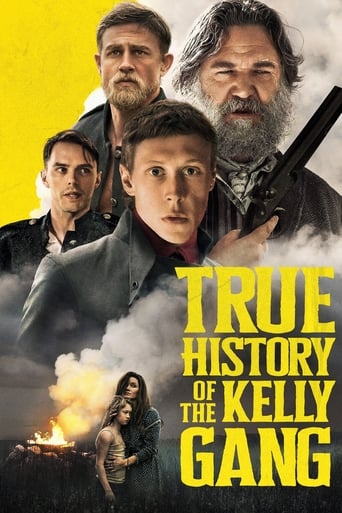
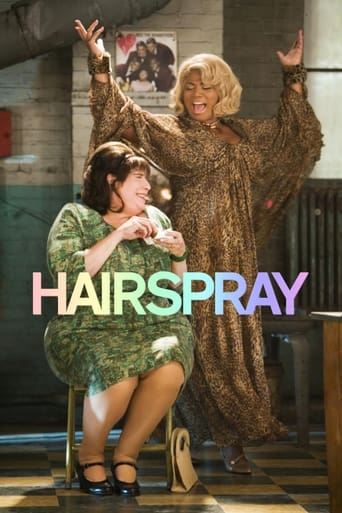
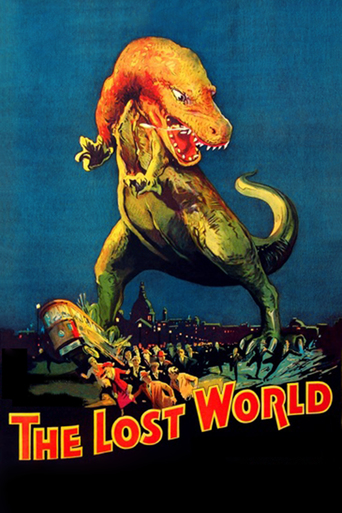
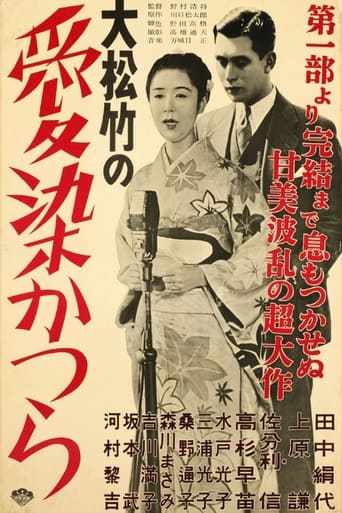
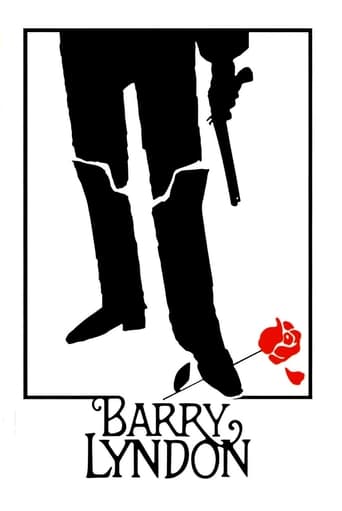
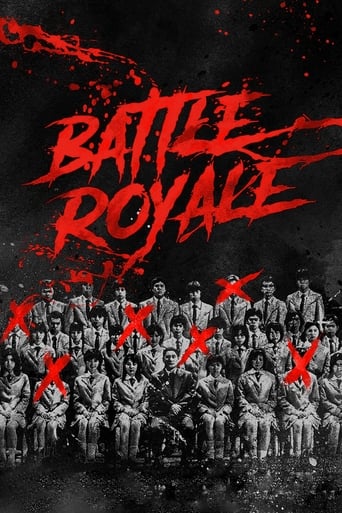
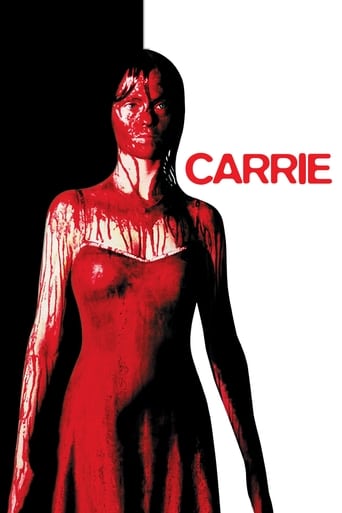
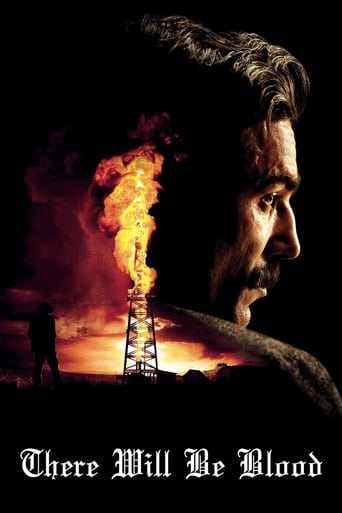
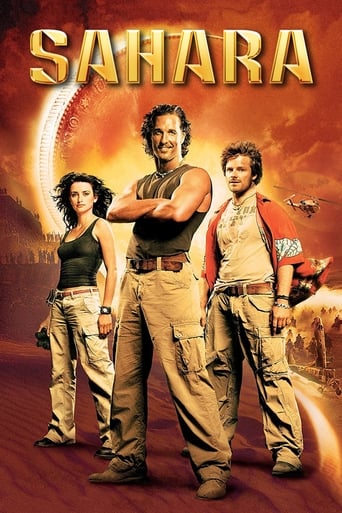
Reviews
hyped garbage
There are women in the film, but none has anything you could call a personality.
It’s an especially fun movie from a director and cast who are clearly having a good time allowing themselves to let loose.
If you like to be scared, if you like to laugh, and if you like to learn a thing or two at the movies, this absolutely cannot be missed.
In case you don't know, when a President recommends a candidate for his cabinet, the candidate has to endure a grueling vetting process by a Senate committee. Then the Senate votes to approve him or her, and if approved, the Senate moves to "advise and consent" the candidate. With that knowledge, you'll be correct if you assume the film Advise and Consent is about a Senate investigation committee's interview with a candidate for Secretary of State. As usual, Otto Preminger has created an enormously edgy film. His work includes The Man with the Golden Arm, Hurry Sundown, and Anatomy of a Murder, and in all his films, he pushes the boundaries of what was allowed to be shown on the screen. He has a talent for bringing out the very best in his actors, and as usual, you can recognize his style by the opening credits.In Advise and Consent, Franchot Tone plays the President of the United States. I've always seen a superior air around him, so it seemed completely natural for him to be in such a position of power. Franchot, Walter Pidgeon, Charles Laughton, and Don Murray all acted like veteran politicians, well-versed in the backroom deals. None of them seemed like they were reciting lines; they were all living and breathing their parts. Walter Pidgeon is the lead-even though Henry Fonda gets first billing-and is the glue between those in the Senate. Charles Laughton is the suspicious Southern opposition leader, and even if you don't agree with what he's saying, you can appreciate his cunningness. Believe it or not, even though Henry Fonda is the candidate, he's hardly in the movie! Since I don't really happen to like him, I didn't mind his small role. Ironically, watching this movie feels like you're watching a Senate hearing in modern times, even though it's fifty-five years old! Not much has changed in the political world. There are tons of twists and turns in the script, so even though the running time is a little long, it's extremely entertaining.
I have watched the movie in full length only once, but it was very impressive and has persisted in my mind till today. It passes as typical for its era political drama at a first glance, but it is quite advanced and provocative for the political and social environment of the age it was shot. A first surprising element its the nature of political cooperation, ideological lines and bipartisanship which the movie presents. In today's heated, insulting political feuds political parties in the US have been crystallised into almost monolithic and compact organisations with few ideological deviations among their members and elected magistrates. So, the central idea of the political turmoil in the movie is not a juxtaposition between parties but between ideologies and regional and social differences which penetrate in both major parties. The story tones down a lot but does not erase the names and bordering lines of Democrats and Republicans; featuring instead on behaviours and acts of specific people from the whole ideological spectrum. Traditional conservatism, political manipulation by party bosses, and old-fashioned honesty and dignity are all featured in the process of hearing the candidate for Secretary of State, played by Henry Fonda, each fighting for or against the candidacy with its own means and for its own reasons. An innovative aspect is the addition of a sexually-oriented scandal, a very very advanced aspect for the era of the early '60s, when the Code was still present though waning for many years before. This plot thread could be relevant today very easily. The much screen time devoted to the Senate chamber helps unite the excellent cast to common scenes and a lot of interaction. Charles Laughton, Henry Fonda, Franchot Tone and others shine with their talent on the screen.
Based on Allen Drury's 1960 Pulitzer Prize-winning novel, this story may have seemed like a pot-boiler at the time. However, in looking back it seems almost tame compared to the Washington, D.C. that has emerged over the last forty years. The movie is big in scope and features an all-star cast. It takes us back to the height of the Cold War and its effects on Washington politics. It shows us a time when there were conservatives and liberals in both parties. Also, it gives us a glimpse of what the 'good ol boy's Senate might have looked like then if the public had had the 24-hour news access of cable TV. As the movie begins, the President (Franchot Tone) has just named a new Secretary of State. His nominee is the controversial Robert A. Leffingwell (Henry Fonda), a liberal 'egghead' from the University of Chicago. The problem is getting him approved by the Senate. The drama revolves around the political ploys, from all sides, to either get him confirmed or rejected. The cards are staked against his confirmation in both the president's party, who holds the majority in the Senate (probably closest to the Democratic Party of that time) and the minority party. A quick confirmation of Leffingwell is needed because the president's health is failing, even though neither his vice president (Lew Ayres) nor most senators know the full extent of his medical condition. The president's closet allies for helping him get Leffingwell confirmed comes from the Senate's majority leader (Walter Pidgeon) and majority whip (Paul Ford). Descent of Leffingwell's confirmation comes from the opposing party and Dixiecrates like South Carolina's Senator Cooley (Charles Laughton--in his last movie performance). This descent is based on the perception that he is soft on Communism. The Senate subcommittee on the confirmation is headed by Utah's Senator Brigham Anderson (Don Murray). Wyoming Senator Van Ackerman (George Grizzard), a self-appointed, anti-cliquish populist challenges the choice of Anderson for the chairman of the subcommittee, but to no avail.When Senator Cooley is invited to sit in on the subcommittee's hearings as a guest and ask questions of Leffingwell, he tries to de-rail his nomination by using a witness, Herbert Gelman (Burgess Meredith), from Chicago. Gelman claims that he and Leffingwell were once involved in a Communist cell together in Chicago and that Leffingwell once tried to silence him about talking about this association. Under cross- examination from Leffingwell, Gleman's testimony is discredited on several important points, thus discrediting his entire testimony. Nevertheless, Leffingwell asks the president to withdraw his name from consideration because he had lied under oath before the subcommittee. (He HAD once flirted with Communism in that cell in Chicago in spite of his testimony to the contrary.)This perjury information is forwarded to the subcommittee's chairman, Senator Anderson, and he assumes that the president will put forth a new nominee for Secretary of State. But, at a press dinner, the president continues to support Leffingwell in spite of Senator Cooley's opposition and Senator Anderson's insistence to replace him. However, just as Leffingwell's past is revealed by the unscrupulous Senator Cooley, Senator Anderson's past surfaces when he is threatened by an anonymous blackmailer about once flirting with homosexuality. As the movie twists and turns towards its climax, the political drama increases to a crescendo before finally coming to an end. Other actors in this movie include Gene Tierney as the majority leader's lover; Betty White as the only woman senator (from Kansas); and Peter Lawford as the senator from Rhode Island. Peter Lawford was President Kennedy's brother-in-law at the time this movie was made--- timely in a political movie at that the time.
This movie is too long, but once it finally gets going - once we find out what Brig Anderson is being blackmailed for, and then the political maneuvering that goes on in the Senate - it moves to a conclusion with real dramatic power, in part because of good direction, in part because of fine acting all the way around.Others have weighed in on the various virtues - and defects - of the movie. I thought I'd address a point that doesn't seem to have been discussed: the portrayal of Brig Anderson as a man who had a homosexual relationship.Late in the movie we learn that the handsome young senator Brigham Anderson had a homosexual relationship during WW II while stationed in Hawaii. This is not presented as an anonymous encounter in an airport men's room or something like that, but rather as an emotional, and therefore we must assume romantic, relationship between two men. We see Anderson's "Dean John" letter to his war-time companion, Ray, in which he declares the relationship a mistake and tells Ray he is now going to lead the life of a straight man. We also see a picture of the two of them as a lay-bedecked, smiling couple.Earlier in the movie, before we have reason to suspect why, Anderson's wife says something about their marriage not having been very "exciting," which suggests that there was something wrong with their sex life.If we put that together in retrospect, we conclude that Anderson did not "leave behind" his homosexuality when he returned to the mainland after the war, but rather "settled for" a heterosexual marriage that was not fulfilling for him sexually.Given that, the portrayal of Anderson, which is uniformly positive if, in the end, very sad, is interesting. He is a man of principle who fights for what he believes to be right. (Granted, that included a hatred of Communism, but the movie was made in 1962, the era of the Cuban missile crisis.) The only other glimpse we get of gay men in the movie is very short: a brief scene inside a gay bar. It really doesn't seem out of the ordinary.
Top Streaming Movies











